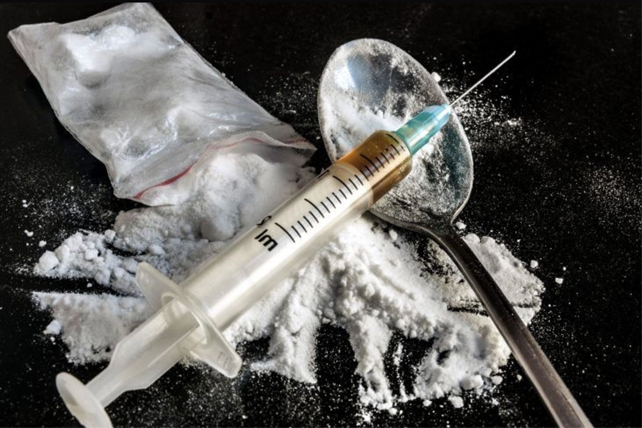While other jurisdictions have begun implementing Good Samaritan laws, allowing those at the scene of a drug overdose to contact emergency services without fear of police intervention, the UK is lagging woefully behind in their implementation.
At the launch event for Law Enforcement Against Prohibition (LEAP) UK on February 29, Rose Humphries spoke of how two of her son had suffered fatal heroin overdoses, attributing their needless deaths to punitive drug laws.
Speaking as part of think tank Transform’s campaign Anyone’s Child: Families for Safer Drug Control, Rose mentioned in particular how 13 years after the death of her younger son, Roland, she was still wondering whether the delay in calling the ambulance was because his friends were worried about getting in trouble with the police.
Medical amnesty, a concept which has yet to be enshrined in UK law, could have prevented this situation. Also known as a “Good Samaritan” policy, caller amnesty grants legal protection to people who give assistance to those who they “reasonably believe” to be in danger, and, in some cases, imposes a legal duty to assist. In the context of drug overdoses, it would provide reassurance to witnesses that they, and the person overdosing, would not be arrested after calling for help.
Under current UK law, this is not a guarantee. Callers in life-threatening overdose scenarios face the risk of the police attending their ambulance call out, and the fear of undergoing searches for drugs and arrests for possession. Penalties for possession of heroin, for example, can be up to seven years in prison.
In practice, this is rarely enforced: NHS guidelines for drug helpline operators advise that local ambulance protocol for overdose responses has in many areas been changed, such that the police no longer routinely attend unless there has been a death, a child is involved, or the ambulance crew perceive themselves to be at risk. In localities where police attendance is routine, callers can be reassured that police normally do not conduct searches for drugs.
The uncertainty, however, can be enough to deter someone making a potentially lifesaving call, and the guidelines highlight that many drug users delay calling for help as a result of their fear. For Roland, this may have been fatal.
Well-written medical amnesty laws can prevent this, and indeed they already exist elsewhere in the world, including in large parts of the United States, and are being explored as a possibility in Canada. In the former, notable developments have occurred on college campuses, with the intent of reducing judicial consequences both from drug use and underage drinking.
Their efficacy has also been established: a 2006 Cornell University study found that within two years of implementing campus medical amnesty policies, students were less likely to report fear of getting an intoxicated person in trouble as a barrier to calling for help. Similar studies found that the number of alcohol related-EMS calls increased by almost 700 percent in the one-year period following a policy implementation, despite largely unchanged drinking practices.
As of January 2016, 32 US states had passed a 911 Good Samaritan law. Moreover, 42 states have passed laws which allow the friends and families of opioid users to access an emergency opiate-overdose antidote without prescriptions. This drug, naloxone, is a crucial and effective tool for those who work with people at risk of overdosing on heroin and other opiates: a 2015 meta-analysis shows that training non-medical bystanders in its administration is associated with significantly improved odds of recovery.
In 2015, England did move to widen access to naloxone, though it is still not as easily available as it is in Scotland and Wales, both of which have national programs.
As England faces the highest number of drug-related deaths on record, nearly a third of which are heroin and/or morphine-related, the need for Good Samaritan laws and wider provision of naloxone has never been more pressing. If and when the former comes in, police officer and paramedic training will need to incorporate awareness of these changes in law — something that in still lacking in certain parts of the United States – to ensure they are effective
Rose stated: “I want other families to be able to avoid the tears and the grief of having to arrange their child's funeral … I hope we can influence policy." It's time the UK government started listening to those its drug laws impacts most.


